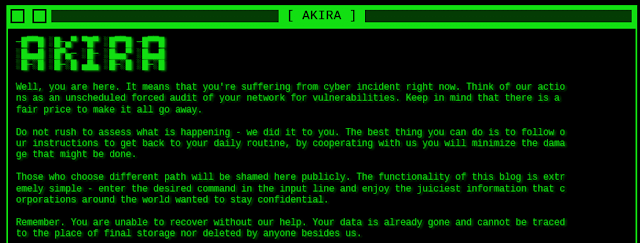Top 10 Cyber Threats of 2023

Introduction 2023 was packed with a multitude of significant events that caused many to rethink their entire security strategies, especially their vendors and their team size. Unfortunately, we saw thousands of layoffs in the technology sector, including cybersecurity teams. This is despite the unrelenting and omnipresent threat of an ever growing number of cyber adversaries. The Top 10 Cyber Threats of the year that I believe are worth focusing on in this blog revolve around several common themes, like the use of zero-day exploits, supply chain attacks, targeting identity providers, as well as intentionally disruptive campaigns. #1 CL0P mass exploitation campaigns Since 2020, a professional cybercrime syndicate known as CL0P shifted from targeted big game hunting ransomware campaigns to mass data-theft-extortion attacks, minus the deployment of ransomware. Around 27 May 2023, the CL0P group exploited a zero-day vulnerability in the MOVEit file transfer server, tracked as CVE-2...




